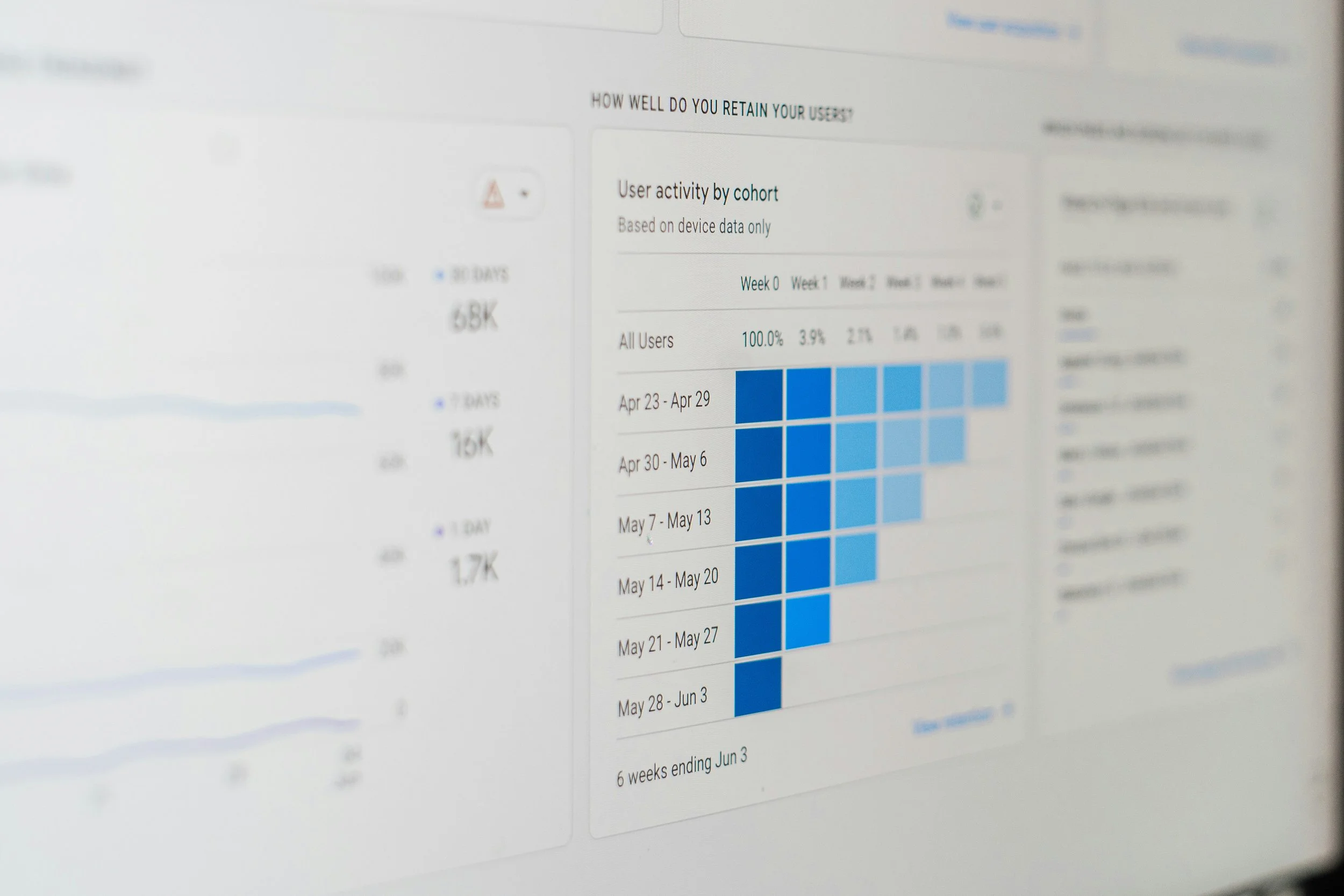Code-switching: Connect with Your Audience - Public Speaking Tips
What Is Code-Switching?
Linguists traditionally define code-switching as, “the practice of alternating between two or more languages or varieties of language in conversation.” A more contemporarily relevant definition factors in race and identity. For example, the minds at NPR’s aptly named Code Switch blog offer this framing, “Many of us subtly, reflexively change the way we express ourselves all the time. We're hop-scotching between different cultural and linguistic spaces and different parts of our own identities — sometimes within a single interaction.”
President Obama was often cited for his ability to code-switch effectively and flawlessly. He’d put his audience at ease, making them feel he was just like them by the way he spoke to them. Without undermining his undeniable position of authority in the exchange. This video from 2009 shows then President-elect Obama at Ben’s Chili Bowl, a famous eatery in a historically African-American section of Washington D.C. When the cashier asks President Obama if he needs change from his purchase, Obama replies, “nah, we straight.” I think it’s fair to say, had President Obama been purchasing refreshment at a restaurant located in a predominantly white neighborhood he may have answered differently.
How can code-switching help me connect with an audience?
One of the most important questions to ask yourself when prepping for a public speaking opportunity is, “Who is my audience?” A clear understanding of your audience is important for a number of reasons. Not least of which is so you can decide how you should talk to them. For example, the language and tone I would use when presenting to a group of high school seniors preparing for college interviews would differ markedly from a workshop with high level corporate executives about to speak to investors. With the group of high school students I may find myself peppering my talk with informal qualifiers such as, “Totally” and “Amazing”. While in a more formal and corporate setting, my grammar would understandably be more formal and precise. Yet the underlying similarity in both these situations is it’s still my voice. I’m still me.
Using code-switching to your benefit
I like the reasons Somali author, Roda Osman ascribes to code-switching. She says, “I regularly use code switching for three reasons: lizard brain, fitting in and getting something.” Lizard brain she defines as something the brain does automatically. I think the latter two reasons are the most powerful because they involve deliberate choice. At Bespoken we often say “your power is your choice” and I think it is doubly true when it comes to choosing the words you’ll use to connect with your audience. The next time you find yourself preparing to speak publicly take the time to reflect on the language you want to use. It’s another powerful communication tool to have in your back pocket.
About the Author
Jackie Miller launched Bespoken in 2015 to channel years of professional performance experience into techniques that improve public speaking, presenting, and professional communication skills. She holds a B.F.A. and M.A. both from New York University’s Tisch School of the Arts.




